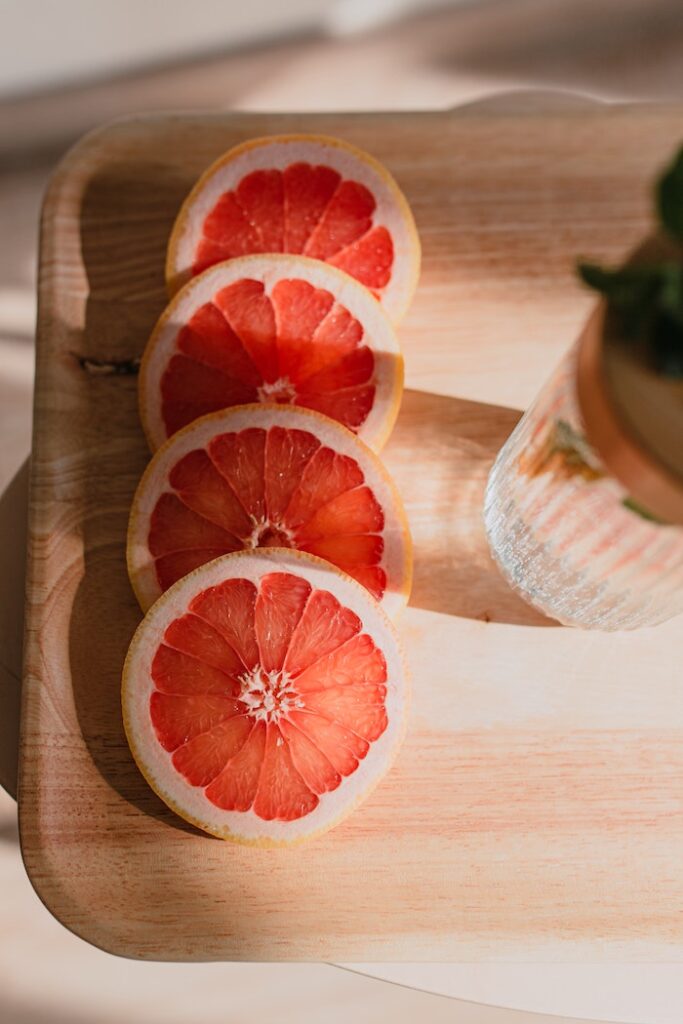
It’s a no-brainer that brain health is a crucial aspect of overall health and well being. (Sorry I had to!) In all seriousness, a healthy brain enables us to think, learn and perform daily tasks with ease.
As we age, it’s important to take proactive steps to support our brain health and reduce a risk of cognitive decline. Luckily, there are many natural ways to support brain health, such as exercising, eating a balanced diet, managing stress and engaging in stimulating activities. In this guide, we’re going to examine each of these (and more) natural ways to support your overall brain health.
We’ll also help you incorporate these things into your daily routine, so that you can grow and improve cognitive function, without even having to think about it! Let’s jump into seven ways that you can naturally support brain health and keep your brain active and healthy.
7 Natural Ways to Support Brain Health
Exercise
If we’re listing things in order of importance – exercise is number one. Exercise has so many benefits, but regular physical activity is also very important for our healthy brains. The Mayo Clinic has done several studies to show that physically active people are less likely to experience declines in their mental function and have a lower risk of developing diseases like Alzheimers.
The benefits to your brain health come because while you exercise, you have increased blood flow to your brain. You can aim to exercise several times per week for 30-60 minutes. Remember, exercise does not have to mean you’re drenched in sweat. You can walk, swim, play tennis or do any other moderate activity that increases your heart rate.
Diet
A healthy diet that is rich in fruits, vegetables, whole grains and omega-3 fatty acids is another way to support a healthy brain. Your diet definitely plays a huge role in your brain health and brain function. It’s often said that you should eat a mediterranean diet because that focuses more on plant based foods, whole grains, fish and fatty acids like olive oil as opposed to a few heavy, red meat and salt based diets (like we see a lot, especially in America).
In a recent study co-authored by researchers from Harvard T.H. Chan School of Public Health, they found that eating a ‘Green’ Mediterranean Diet helped reduce age related brain atrophy in adults. Brain Atrophy is “the loss of nerve cells (neurons) and the connections that help them communicate in the brain’s tissues.”
Along with exercise, patients in this study were able to improve their overall brain health and function by changing their exercise routine and diet.
Sleep
If we could only choose three things to improve brain health, exercise, diet and sleep would be by far the most important factors in taking care of our brains. Getting adequate sleep is so important for brain health, as it allows your brain to rest and recharge.
You should aim for 7-8 consecutive hours of sleep each night. That means sleeping for the entire night, instead of fragmented sleep of two or three hour increments. Consecutive sleep gives your brain time to consolidate and store your memories effectively. If you’re struggling to get 7 hours of consecutive sleep a night, consider talking to your doctor to see how they could help.
Sometimes all you need is the perfect nighttime routine to get your brain ready to rest. If you’re looking for advice on how to get better sleep, consider these five tips.
Like this post?
Sign up for our weekly newsletter and we’ll send you more awesome posts like this!
Mental stimulation
Your brain is like a muscle – you have to use it, or lose it! There are lots of different things that you can do to keep your brain in shape, such as Sudoku (my great-grandmother used to swear by doing the sudoku puzzle every day for her brain health!), reading, playing cards or doing puzzles. Keeping your brain active can even be an opportunity for you to connect to your inner child.
Make sure to change up the activities, you can think about it like you’re cross-training your brain. By incorporating lots of different activities, you’ll be able to increase the effectiveness of your brain health.
A great way to keep started with training your brain is to turn off the tv (that’s a passive activity that does little to stimulate your brain) and start doing a puzzle or reading a book. Making a simple swap for 30 minutes a day can have huge benefits.
Stress management
Chronic stress can have a negative impact on all parts of your life, but it also affects your brain health.
When you’re stressed, you secrete hormones, and these hormones have a stronger effect on our brains the older we get. This can make it more challenging to recover from emotional upset.
Take change slowly and find ways to cope with anxiety and stress as they come up in your life. That might look like having someone you can talk to, or practicing meditation or breathwork.
Think about things that typically help you calm down when you’re feeling stressed. Do you feel better after taking a walk? Practicing yoga or talking to a friend? Keep those tools in your back pocket and remember to rely on them when you’re stressed out. Not only will your mental health improve, but your brain health will improve as well.
Social interaction
Social interaction (even for introverts!) is important. It helps to ward off depression and stress – which both contribute to memory loss. It’s important to make time for friends and activities that help you interact with others. Find opportunities to connect with your loved ones and if you’ve just moved somewhere new, look for opportunities to make new friends. Yes, that means putting yourself out there, but social interaction is so, so important for us humans – we are after all, social creatures.
Research has linked solitary confinement to brain atrophy. Remaining socially active can have an opposite effect and help strengthen your brain health.
Avoid harmful substances
Substance abuse like excessive alcohol consumption and exposure to toxins can have a really negative impact on your brain. It’s important to avoid these substances and always drink in moderation. We’ve recently shared a guide to help you maintain social interactions and enjoy a night out if you’re sober curious. Learn more about the sober curious movement here.
And of course, if you smoke, it’s important to work towards quitting. Tobacco is harmful to all of your organs, including your brain. Stopping now improves your chances for healthier brain function in the future, even if you’ve been a smoker for years.
In conclusion, we won’t get very far without our brains! So incorporating natural ways to keep our brains healthy and improve brain health are vital. Make sure you’re following these seven steps, and if you’re struggling with things like smoking, your diet, or getting a good night's sleep, talk to your doctor. Your brain will thank you! And in the future you will thank you. Exercise, mental stimulation and social interaction are all important ways to keep your brain healthy.
If you need help incorporating these brain healthy habits into your day to day life, download my habit tracker. It’s a beautifully designed, simple to use tracker that helps you incorporate healthy new habits into your life. I promise this habit tracker will help you stay on top of all the things you need to do to keep your brain healthy.
Remember, maintaining a healthy lifestyle is key to preserving cognitive function and reducing the risk of cognitive decline as you age!






+ show Comments
- Hide Comments
add a comment